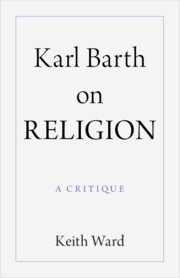Human reasoning and feeling influence what one takes to be revelation.
Barth thinks that revelation is purely God-given, but revelation calls for a mutual interplay of human and divine
Contra Barth, divine forgiveness is not unmerited, but requires repentance and obedience.
Barth is a compatibilist, holding that predestination and human freedom co-exist. This is a metaphysical, not a clear Biblical, thesis.
For Barth, freedom is not a choice between alternatives. This makes the existence of evil hard to explain.
Three Barthian incoherences - God determines all and condemns all; all religions are faithless and one is true; only Jesus gives divine grace and Torah did so.
Barth says all attempts to know God are futile, but also that some other religions know God.
If God reveals Godself, then God is not ‘wholly other’.
